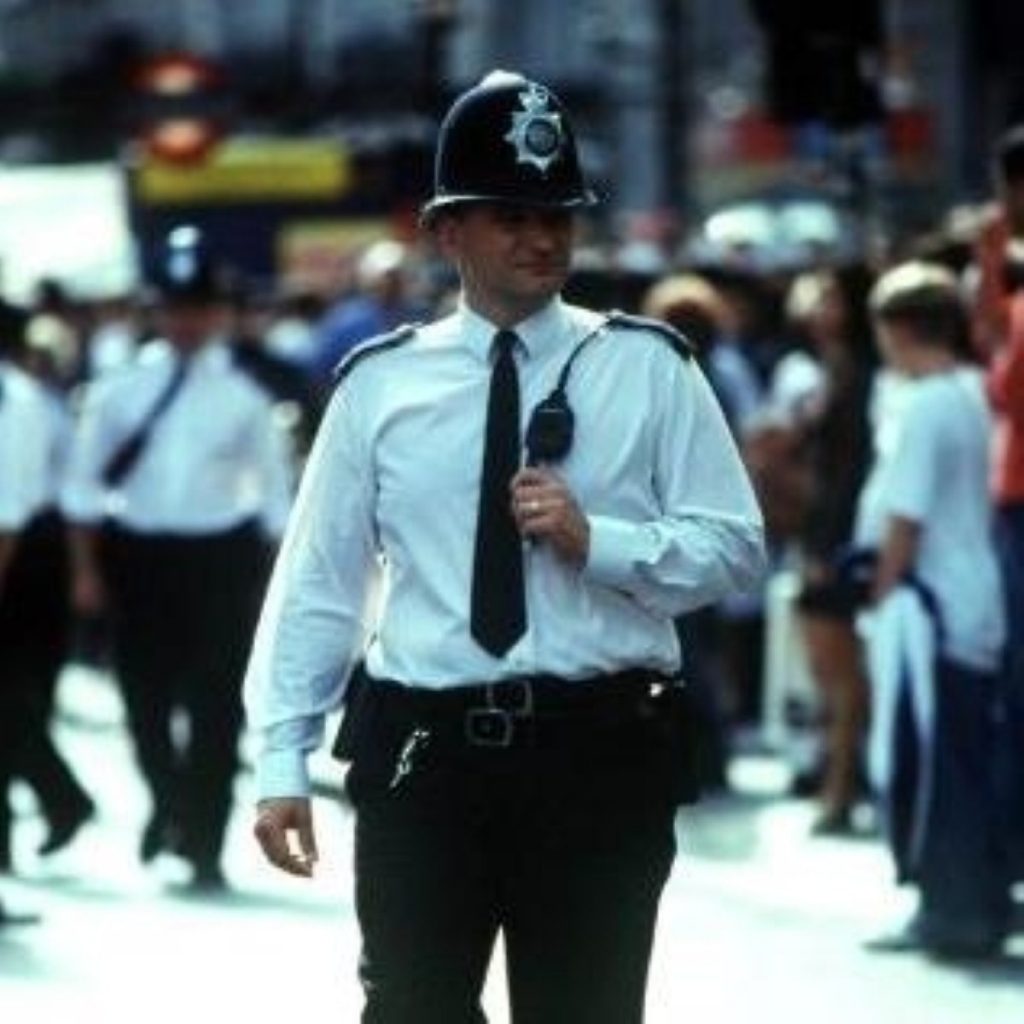Street crime initiative draws mixed response
The Government’s street crime initiative has been commended as a success by a report published today, though the same report also levelled several criticisms at the initiative.
The report commended the initiative for reducing the six-month level of street crime by a quarter, and the annual level by 17%, well ahead of schedule to reduce the level by 14% from 1999 levels by 2005. This is vitally important to the Government, which is concerned about being seen to win the war on crime.
Crime has fallen in recent years but public and media attention has turned to so called street crime, which continued to rise. This led to the initiative, which saw funds and police focus on the issue in the ten most affected areas in the country.
While street crime has long made up a small proportion of overall crime, the brutal nature of much of it means that it adds to fear of crime, and the perception of lawlessness in many parts of the country.


The Government has welcomed the fall which in some police areas has been as high as 40%, but critics argue that this will be short term, or that it has involved too much interference with police forces.
Of greater concern for the Government will be the report’s verdict that on one of the key causes of street crime, drugs, the initiative may have failed. It was intended that criminals found to be addicted to hard drugs would be put into treatment within 24 hours, but it appears this has not gone as well as the Government believed.
The report raises the concern that although those caught have often been assessed for drug use with 24 hours, and then registered with a place in rehabilitation, they often failed to turn up. This was partly because that place would often not be available for several weeks, suggesting that managers have massaged figures given to ministers.
Other aspects of the scheme also appear not to have worked, such as the provision of quick legal advice to police when dealing with a suspect, which was made difficult by lawyers not being available out of hours.
Furthermore the report suggests that middle managers who resented the focus on street crime have changed their focus back to other crimes such as burglary. Home Secretary David Blunkett promised that such faults would be looked at and that the ongoing scheme would be revised so as to improve the service and push progress further.
Chris Fox, president of the Association of Chief Police Officers of England, Wales and Northern Ireland reiterated the sentiments of David Blunkett. He welcomed the scheme as a whole, which he suggested has helped to improve police work with young people, but also commented that ‘ there is still scope for improvements.’
The Initiative started in April 2002 and operates in ten Police Authorities. These are Avon and Somerset, Metropolitan, Thames Valley, Nottingham, South Yorkshire, Merseyside, West Yorkshire, Lancashire, West Midlands and Greater Manchester.











